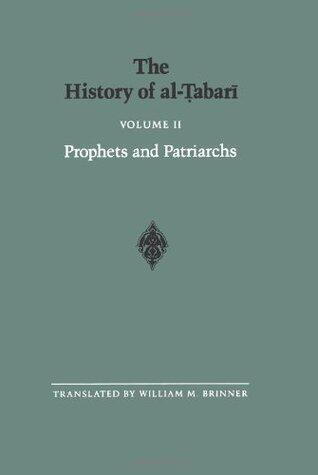
The History of Al-Tabari, Volume 2: Prophets and Patriarchs
لا توجد تقييمات بعد
Action & Adventure
تنسيق
غلاف ورقي
صفحات
222
لغة
الإنجليزية
منشور
Aug 1, 1987
الناشر
SUNY series in Near Eastern Studies
رقم ISBN-10
0887063136
رقم ISBN-13
9780887063138
الوصف
In the second volume of al-Tabarī's monumental work, the focus shifts to the rich tapestry of prophets and patriarchs that shaped early Islamic history. Al-Tabarī meticulously chronicles the lives and legacies of significant figures, weaving together stories that highlight their virtues and dilemmas. The narrative emphasizes the intertwining of faith and leadership, shedding light on the challenges these individuals faced in their pursuit of divine guidance.
Professor William M. Brinner’s translation brings to life the profound insights and historical context of al-Tabarī’s writings, making it accessible to a modern audience. As the pages unfold, readers are invited into a world of theological discourse and cultural intersections, where the narratives of the past serve not just as historical accounts but as moral lessons for contemporary readers.
Through the lens of al-Tabarī, the exploration of these prophets and patriarchs reveals the foundational beliefs of early Islamic thought. This volume not only preserves the voices of the past but enriches the present understanding of communal identity and religious philosophy. As such, it stands as a significant contribution to the field of religious studies and history.
Professor William M. Brinner’s translation brings to life the profound insights and historical context of al-Tabarī’s writings, making it accessible to a modern audience. As the pages unfold, readers are invited into a world of theological discourse and cultural intersections, where the narratives of the past serve not just as historical accounts but as moral lessons for contemporary readers.
Through the lens of al-Tabarī, the exploration of these prophets and patriarchs reveals the foundational beliefs of early Islamic thought. This volume not only preserves the voices of the past but enriches the present understanding of communal identity and religious philosophy. As such, it stands as a significant contribution to the field of religious studies and history.